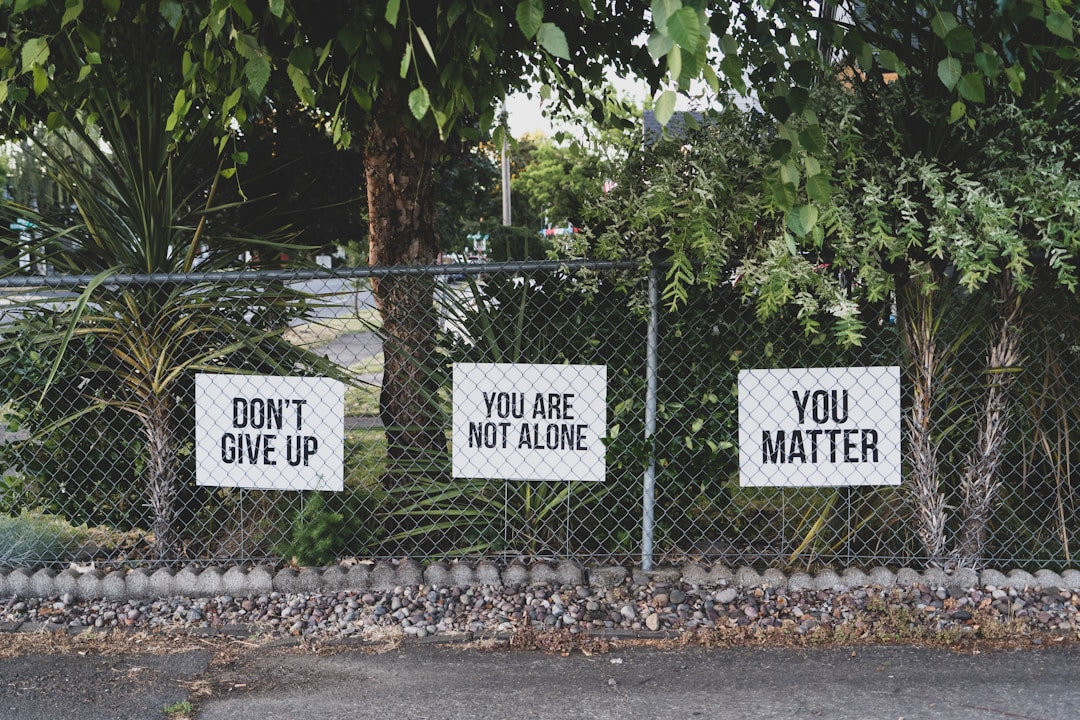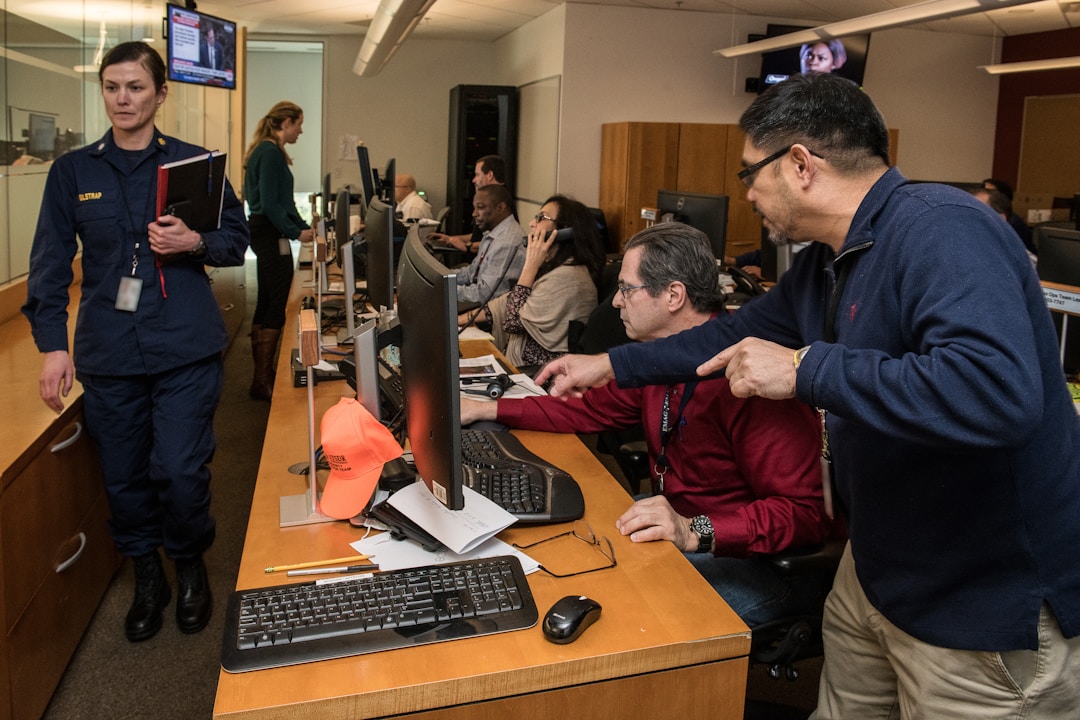Buzz
5 Ways You Can Keep Your Family Safe

As a parent or other caregiver, your natural inclination is to protect your children and other family members from harm. In every possible situation, you’ll do what you can to keep your loved ones safe. If your roof is at risk of collapsing, you should find professionals from companies like APEX Roofing to repair it or install a new roof entirely. If your adolescent is struggling with hyperactivity and impulsiveness or showing signs of conditions like attention deficit hyperactivity disorder (ADHD), you’ll seek out a psychiatrist who can provide the medication or cognitive behavior therapy (CBT) your child needs to thrive and cope with their symptoms of inattention. From finding the right professionals to simply being a responsible homeowner, there’s a lot you can do in advance to protect your family, keeping them safe and secure at home and elsewhere.
1. Secure their shelter.

As one of the most basic human needs, simply keeping a roof over your family’s heads is a crucial part of keeping your children,
partner, and other loved ones safe. That said, it’s equally important that you ensure that roof—and everything under it—is safe, too. Local roofing companies can perform necessary repairs, routine maintenance, or even a roof replacement, if needed, to help you make sure your family is safe and secure in their most essential space. Of course, the roof isn’t alone in keeping you and your loved ones safe. Your home’s structure as a whole should be maintained regularly, from the gutters to the basement, with any repairs being made as soon as possible once they’re noticed, whether that means calling your go-to roofer, a general contractor, or even taking a DIY approach for a simpler fix.
2. Take preventive action.

Maintenance on your roof’s shingles and the bones of your home, so to speak, can help ensure it stays standing and protects your family from the elements and other dangers. However, it’s just as important to maintain and repair everything inside your home. Secure your home and your HVAC system by understanding your heating and air conditioning systems and taking advantage of their warranties to keep them in tip-top shape. By keeping your HVAC system and other amenities in optimal working order and communicating with your insurer as needed, you’ll be keeping the best possible air quality in your home, with all the health and wellness benefits that come with it.
3. Acknowledge all-around wellness.

Keeping your house in order can help your family stay safe and healthy in a physical sense. However, it’s just as important to make sure you’re caring for their other types of well-being, such as emotional or mental wellness. For instance, would you recognize if your adolescent was displaying ADHD or ADD symptoms? Attention deficit disorder in a teenage girl, in particular, will often go unrecognized as parents and others overlook her forgetfulness, mood swings, and apathy as typical teenaged angst rather than a mental health concern. Pay attention to symptoms of inattention like these that will impact your teen’s life and, just as importantly, find ways to support your family member through a diagnosis such as ADHD.
4. Consult professionals.

In all aspects of your loved ones’ health, you’ll always want to check with a professional for serious concerns. If a dangerous home problem is putting your family at risk, you’ll want to call a roofer, contractor, or another type of professional. When a serious injury or illness appears, you’ll take your child to a medical professional. If that’s a mental health concern, you’ll head to a psychiatrist, psychologist, or another mental health provider. Even as the head of the household, you can’t know everything or control every possible risk. However, you can have experts at the ready to fill in the gaps. Another important place to consult professionals is, unsurprisingly, emergency services. By making note of contact information for resources like poison control, your local animal hospital, and related services. Should an emergency strike, you won’t want to spend time seeking out the right phone number on Google or in the phone book. Instead, take time to save this information in an accessible location so your energy can be spent on what’s most important—caring for your family member.
5. Have plans in place for worst-case scenarios.

Gathering contact information isn’t the only preparation you can make to be ready for an emergency. For example, you can create an escape plan in case of a fire or other natural disaster. Create a safety plan, then share it with your family. From there, be sure to review these plans regularly and even practice them to make sure every family member is prepared. Of course, you hope you won’t ever need these precautions for real but, if you do, you’ll be happy you took action well in advance to protect your family.
There’s no right way to ensure you keep your family safe. The best way to do so at any moment will depend on the situation at hand. However, taking precautions in advance and seeking out experts when needed can provide the support and knowledge you need to help you protect those you hold most dear no matter where life takes them.
Buzz
Court Orders Service Of Notice For DNA Test To Mohbad’s Wife

The Chief Magistrate Court in Ikorodu has granted approval to serve a notice for a DNA test to the wife of late singer Ileriouluwa Oladimeji Aloba, known as Mohbad, at her last known address. (more…)
Buzz
Ghana’s New Train from Poland Crashes During Test Run

Reports reaching Ameyaw Debrah Media indicate that the recently imported train from Poland, designated for the Tema-Mpakadan railway route, has encountered an accident. (more…)
Buzz
I got into music because my crush always associated with musicians – Tiwa Savage

Nigerian songstress turned filmmaker, Tiwatope Savage has disclosed that she became a musician because she had a crush on a “guy” who was always around musicians.
Buzz
Mr. Drew Addresses Allegations in JAMROCK EVENT CENTRE’s Lawsuit

Renowned Ghanaian singer and dancer, Andrew Nii Commey Otoo, known by the stage name Mr. Drew has vehemently denied accusations of failing to perform at the Easter Dance Party organized by JamRock Event Centre. (more…)
Buzz
I must win Artiste of the Year again – Okyeame Kwame

Ghanaian rap icon, Kwame Nsiah-Apau, widely known as Okyeame Kwame has boldly declared his determination to reclaim the coveted title of TGMA (Telecel Ghana Music Awards) Artiste of the Year. (more…)

 Buzz1 week ago
Buzz1 week agoEIB Network issues statement on Serwaa Amihere’s leaked video controversy

 Buzz7 days ago
Buzz7 days agoNigerian dancer Korra Obidi attacked with Knife and acid during live stream

 Buzz10 hours ago
Buzz10 hours agoMy wife sent her nudes to her Dubai lover while I was on my sick bed – Erico speaks on divorce

 Buzz6 days ago
Buzz6 days agoGhana’s entertainment industry mourns death of DJ Isaac Cool

 Buzz14 hours ago
Buzz14 hours agoStonebwoy performs ‘Activate’ with Davido at sold-out Madison Square Garden show

 Buzz1 week ago
Buzz1 week agoMedikal confirms separation from Fella Makafui; offers to perform at her future wedding

 Buzz6 days ago
Buzz6 days agoStonebwoy inks new deal with Warner Music’s ADA Worldwide

 Radio & TV1 week ago
Radio & TV1 week agoDStv Delivers Choice and Value for Exciting Entertainment Moments In April

 Buzz1 week ago
Buzz1 week agoUpdate: Junior Pope not dead – AGN President

 Buzz6 days ago
Buzz6 days agoSelly Galley suffered five miscarriages – Praye Tietia reveals

 Buzz1 week ago
Buzz1 week agoMy tigers are still with me; I feed them with a cow every 3 days – Cheddar

 Fashion1 week ago
Fashion1 week agoTimeless Thread: a new collection by Jokel Fashion World































